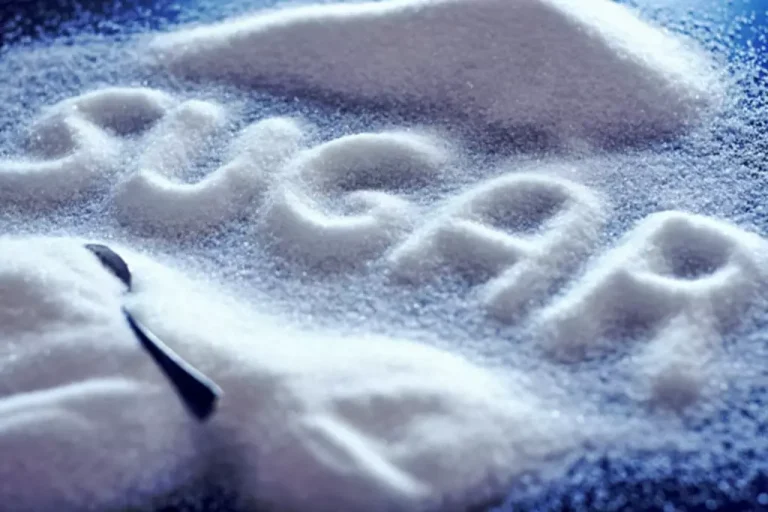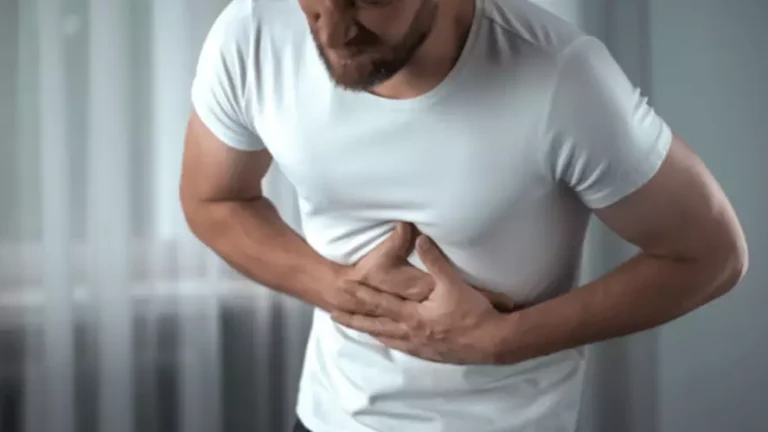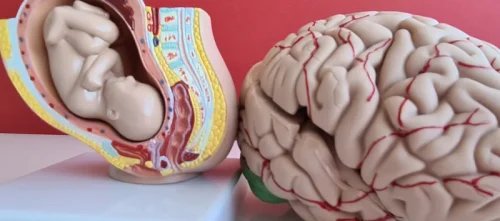Sober living
Blood Thinners and Alcohol: Everything You Need to Know

This isn’t usually a major concern unless they’re extensive or the discoloration seems extreme. There is some evidence that newer anticoagulant medications may be less risky than older medications, like Coumadin, but it doesn’t mean you have the green light to drink. This is especially true for heavy drinkers, but moderate drinkers can experience complications, too.
Do quetiapine and alcohol mix?
Doctors often prescribe anticoagulants to people who have been diagnosed with some form of heart disease. “Coagulate” is a medical term that means “to clot.” These blood thinners prevent blood clots by increasing the amount of time it takes your blood to clot. Xarelto is a prescription blood thinner used to treat and prevent blood clots. You might be prescribed Xarelto to prevent a blood clot in a deep vein, otherwise known as deep vein thrombosis or DVT. If left untreated, deep vein thrombosis can lead to a piece of the blood clot breaking off and blocking blood flow in the lungs (also called a pulmonary embolism or PE).
- In general, alcohol can thin the blood for a few hours after it is consumed.
- If you drink heavily, there can be a rebound effect in that the bleeding risk increases, even after you’ve stopped drinking.
- Blood thinners are drugs your doctor prescribes to prevent blood clots that can cause a heart attack or stroke.
- Reported protective alcohol effects may vary depending on the type of beverage, their alcoholic content or non-alcoholic components, and the quantity consumed.
- That creates an obstacle to blood coagulation, or blood clotting.
- In some cases—if you experience bleeding gums or bruising, for example—you can simply call your doctor.
How to Safely Drink Wine on Blood Pressure Medication
However, more research is necessary to see if ginkgo affects blood clotting in the human body. “The main impact alcohol can have on these medications is that it may increase side effects,” Patton says. Other medicines and supplements, including over-the-counter ones, can interfere wine and blood thinners with these drugs. Tell all of your doctors, including your dentist, that you’re taking a blood thinner. Don’t start any new medicines or supplements without talking to your doctor first. Some procedures can raise your risk of getting a blood clot where your new valve was placed.
Should you drink alcohol to help your circulation?
It is essential to speak with a doctor before trying natural remedies, as they may not work as well as medication and may interfere with some prescription drugs. Antiplatelets keep blood cells from sticking together to become a clot. If you take a blood thinner and have any signs of bleeding, seek medical care as soon as possible. “Diuretics prevent the body from absorbing too much salt,” Patton says. “The American diet tends to be very high in sodium, too much of which can cause your body to retain fluid. This fluid retention makes the blood vessels work harder.”
- By clicking “Submit,” you certify that you have provided your legal name and phone number, agree to the terms and conditions and privacy policy, and authorize Addictionresource to contact you.
- The next time you think about drinking alcohol while taking Xarelto, make sure you’re aware of the potential consequences and side effects.
- Alcohol increases the effects of Pradaxa through an unknown mechanism.
- Exceeding the recommended guidelines above is considered heavy drinking.
Types of Drug Interactions With Alcohol

Blood thinners do not actually reduce the size of existing clots, but they can enhance the body’s natural process for eliminating unhealthy blood clots. Ask your doctor if it’s safe for you to drink alcohol while taking blood thinners. Both alcohol and blood thinners like warfarin (Coumadin) thin your blood. Taking both together could compound the anticoagulant effect and increase your risk of bleeding. Antiplatelets, for example, prevent platelets from sticking together to form clots. Research suggests that in low to moderate amounts, alcohol may have blood-thinning effects due to it reducing platelet function.

The authors concluded that grape seed extract may help prevent blood clots, but research in humans is needed. If you have atrial fibrillation, your doctor may prescribe blood thinners (especially anticoagulant medicines) as part of your treatment plan. Talk to your doctor if you’re worried about your alcohol intake or potential drug interactions.
Increasing the level of blood thinners in the body can lead to an increased risk of bleeding. It’s advisable to avoid heavy and binge drinking while taking Eliquis, as it can increase the risk of bleeding. Limit alcohol consumption to no more than 14 units per week to minimize potential complications. It’s best to avoid mixing alcohol and blood thinners due to the risk of stomach irritation and increased bleeding. If a special occasion is approaching, aim to space out drinks from your medication doses and limit them to only one or two.
How can I thin my blood clots at home?
These substances can make the drug more or less effective than your dosage would suggest. When it comes to protecting you from a possible devastating blood clot, your provider will let you know if a blood thinner is right for you and will talk with you about which kind is your best option. They’ll also help you learn how to minimize the risks of taking a blood thinner so you can reap the rewards without worry. Like vitamin K, these all contain compounds that can counteract the good things that blood thinners do. Watermelon, apples, bananas, pears and peaches are also safe fruit choices. Having a drink or two every once in a while may be fine when you’re on blood thinners — just be sure to talk to your doctor.
Top doctors in ,

This healthy type of cholesterol helps protect your arteries and prevent the blood clots that can lead to heart attacks and strokes. This is why some people extol the benefits of moderate drinking for heart health. The theory is that drinking moderate amounts of alcohol protects against blood clots that may block an artery, trigger a heart attack, or cause an ischemic stroke. You may be considering the herbal tea ginkgo biloba for a memory boost, but it’s important to know how it might affect the medications you’re on.
- In the long-term, too much alcohol can increase your risk of bleeding.
- When a person drinks excessively for long periods, their risk for a stroke increases.
- Otherwise, you could be heading into heavy alcohol use territory, which can increase the risk of severe bleeding problems with Xarelto.
- Alcohol affects how well your blood clots, potentially negating the effects of the blood thinners or increasing them to a dangerous level.
- If a special occasion is approaching, aim to space out drinks from your medication doses and limit them to only one or two.
This can cause the medication to stay active for longer and have a greater effect than it should. Alcohol can also cause underlying health problems that affect the liver, which plays a vital role in how blood thinners work and how blood clotting occurs. Chronic alcohol abuse can lead to a condition called alcoholic liver disease, which can interfere with the production of certain proteins involved in the blood clotting process, such as fibrinogen. This can increase the risk of bleeding and hemorrhagic stroke. It can also make it more difficult for the body to form a blood clot. Blood thinners, also called anticoagulants and anti-platelet drugs, are medicines used to prevent blood clots from forming.